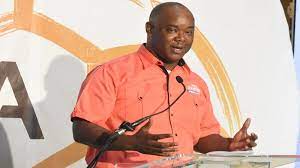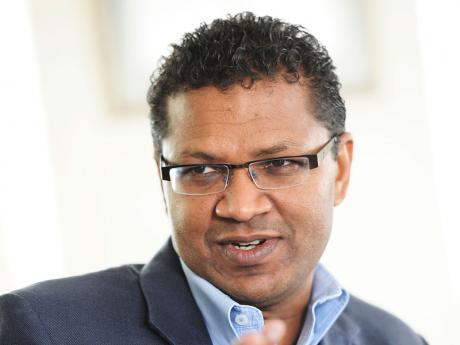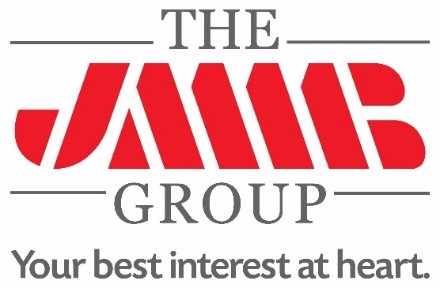In professional sports these days, whenever a football, basketball, or baseball team has a bad season, the owners fire the guy in charge. Last year, it was a quick goodbye to coaches and managers like Ray Rhodes of the Philadelphia Eagles and Mike Hargrove of the Cleveland Indians. A few of these firees were old practitioners, but others were given no more than one season to perform. It is a harsh, make-it-or-break-it life.
 Business corporations are beginning to behave in much the same way. Things go awry, the company misses its targets, the stock falls–and so does the CEO. In the last few months, the sound of CEOs crashing has filled the air.
Business corporations are beginning to behave in much the same way. Things go awry, the company misses its targets, the stock falls–and so does the CEO. In the last few months, the sound of CEOs crashing has filled the air.
It’s not just CEOs and firms you’ve never heard of. It’s Douglas Ivester of Coca Cola and Eckhardt Pfeiffer of Compaq. It’s also CEOs like Gregory Wolf of Humana and Charles Perrin of Avon, who were fired in less than two years of running the show. Before the year is over, there will be many more names added to the list.
What brings on this widespread firing of CEOs? What’s the difference between now and a few years ago when CEO tenures were longer and early leave-takings were to “pursue personal interests”? I think there are four major factors involved:
* Financial reporting is much more intensive. The consensus and “whisper” numbers that analysts forecast for a company’s quarterly earnings report are now widely publicized. Even the deviation of a few pennies per share–particularly on the downside–can cause a sharp fluctuation in stock price.
* Shareholders are more intimately involved and are more sensitive to change. When big shareholders are on the board–Warren Buffett at Coke and Ben Rosen at Compaq, for example–big action starts fast. As directors increasingly are paid in stock and stock options, they feel a personal pinch. And in the world of the go-go funds and the day traders, there are no mulligans for CEOs who miss their shot.
* Boards are now more independent, and thus more proactive. As truly independent directors become the majority and are less likely to be the hand-picked buddies of the CEO, they are demanding timely results from their CEOs.
* Boards have done a far from perfect job in choosing CEOs. Sometimes the board let the retiring CEO choose his successor, who was not the right person for the job at that time. Sometimes there was a different understanding of what the job was supposed to be and what it turned out to be. Sometimes the board didn’t delve deeply enough into an outside recruit. Despite the monumental importance of the task, sometimes the board just didn’t take the time or make the effort to do it right.
Not a lot can be done about analysts and stockholders–they’re always going to be impatient and demanding. And boards are becoming more sensitive to effective corporate and CEO performance, which is a good thing. To keep your job, you simply must produce satisfactory results for the owners. That’s what it should be about in all businesses.
But there’s certainly something that directors and boards can do to improve the odds of getting the right CEO in place at the right time–and seeing that he performs effectively. CEO selection and performance is not sometime thing to be indulged in every 10 years or so. It’s got to be a full-time, continuous activity by the board.
To be sure, the succession activity of the board speeds up at certain times. At General Electric, the board has spent months in defining the nature of Welch’s successor and in interviewing in depth all of the potential candidates. At Hewlett-Packard, the board was totally involved in specifying, interviewing, and choosing Platt’s replacement. Even then, there’s no guarantee that the right person will always be picked, but the chances of doing the job right are far better than when the boards let the CEO run the succession show.
We all know that the CEO is vital to the success of the corporation. The amount of energy, intelligence, and direction that the right CEO can bring to a corporation can be the single most determining factor in measuring the success of the company.
The art of picking, nurturing, and supporting CEOs is not an exact science. It is extremely difficult to do right over a long period of time. But that’s the board’s job–to see that the company has a winning team each season. And that’s a full-time job for the board and the CEO. BM
_____________________________
Formerly the CEO of E&M Schaefer (1972-1977), Robert W. Lear is chairman of CE’s advisory board. He taught at Columbia Business School, where he was executive-in-residence until June, 1999. He has been a director of many companies and is on the advisory boards of five small firms. He is a partner of Lear, Yavitz & Associates corporate governance consultants.

 Businessuite News24 International2 years ago
Businessuite News24 International2 years ago
 Feedback & What You Think2 years ago
Feedback & What You Think2 years ago
 Marketing & Advertising2 years ago
Marketing & Advertising2 years ago
 Businessuite Women1 year ago
Businessuite Women1 year ago
 Businessuite 50 Power and Influence1 year ago
Businessuite 50 Power and Influence1 year ago
 Leadership Conversations1 year ago
Leadership Conversations1 year ago
 Businessuite Markets2 years ago
Businessuite Markets2 years ago
 RANKING2 years ago
RANKING2 years ago








